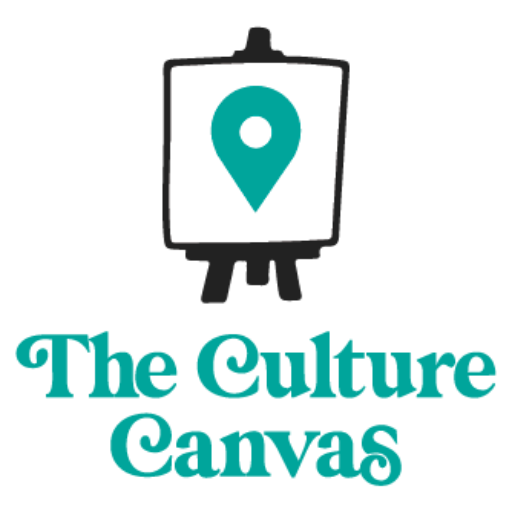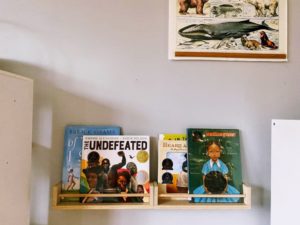Summer is for reading, right!? Between out-of-town weddings, packing, and an almost 2-year old’s shenanigans, we are sneaking it in when we can. Our main categories of summer reading we’ve been gravitating toward are books all about Nepal (and the surrounding area), parenting, mentorship, and language. Looking back now, none of these categories are at all surprising if you know us even a little bit.
I thought it might be fun to post our summer reading list here with a few thoughts attached to each book. More importantly, I’d love to hear about YOUR summer reading list. What should I put on my list next?
- The Far Pavilions
This book was recommended to me by my friend Abby (I know, I know same name, it’s weird). She’s been telling me about this book for years and I finally picked it up. I was not disappointed. This is a love and war story of epic proportions. What struck me most about this book was the deep understanding the author has of TCK’s. What’s a TCK you ask? We will probably be writing a lot more about TCK’s on this blog, but a short definition for now is this: a TCK is a “Third Culture Kid.” A Third Culture Kid is someone who has spent a significant amount of time living in a country or culture that is not their passport culture. They have their passport or family culture, they have the culture they have spent time living in, and then they have the culture they have created as a response to these experiences…the third culture. This definition leaves a lot to be desired as this is a highly complex and nuanced subject, but it will work for the present. Stay tuned for more dialogue on this theme.
The main character in this book, Ash, was born in India during the height of British India. He was born to two English parents who died shortly after he came into the world. Thus, he was raised by his Indian nanny and did not know he was not Indian until he was nearly a teenager. SUCH an interesting look into identity, place, culture, and colonization. This would be a great book for any book club!
2. The War of Art
This book has also been on my list for far too long. I’ve heard about it through many a fellow artist and was intrigued to give it a go. Every artist needs to hear the words of Steven Pressfield over and over again. Because really, all he’s saying is what we all know. We have to actually press through all the resistance facing us every day that tells us to put it off for another day. We have to create a habit of art-making, no matter the product rendered. “The most important thing about art is to work. Nothing matters except sitting down every day and trying.”
Perhaps the most valuable lesson in all of this is that YOU are not alone in your struggles with resistance to sitting down (or getting up!) and art-making. Creativity is practiced. It’s dynamic and alive. It grows.
And one other thing I myself will add: it’s WORTH IT to fight through the resistance and create something. We all need artists to do this, to do the thing they were made for. For many, art-making is a form of worship. It’s brings glory to the Father as the created make time to create. It’s not just a nice little hobby. It’s necessary and needed.
3. Love and Logic Magic
Parents of littles out there, stand up! I don’t know about you, but if I’m going to read a parenting book, I like it to be short, to the point, and filled with lots of real-life examples. I’m not exactly a person who reads a lot of parenting books but my sister told me this one was worth my time.
Love and Logic advocates for loving parenting filled with logical consequences. They encourage giving kids choices when you are able, and then firmly and lovingly setting boundaries when necessary. There are MANY ways to parent, we are still finding our style, and we definitely need lots of grace as we learn. It seems that parenting is an ever-growing and ever-expanding journey!
4. The Bullet and the Ballot Box
This is one of Ross’s picks. It chronicles the Maoist uprising and subsequent civil war in Nepal in which Nepal saw the fall of the monarchy and the formation of a new government. It started with massive bloodshed but ended relatively peacefully. Nepal still faces a lot of questions in regards to equity among ethnicities but this book gives a valuable look into how Nepal got to where it is currently.
5. Fluency Forever
Another one of Ross’s picks…are we sensing a pattern here? Ross seems to read all the practical, sensible books for where we are in life while I am hitting up the fiction hard. This book is a look into how the brain works in language learning and how to maximize your ability to absorb a new language.
Ross has been especially excited about how this material relates to memory and our ability to retain information, similar to his research on metacognition.
6. Kabul Beauty School
Wow. I spent a year working and living in Kabul, Afghanistan in 2011 and 2012, so this book hit my heart on multiple levels. I have to say that the author of this book (Deborah Rodriguez) made some life choices that left me a little confused, and not necessarily choices I would have made, but it was a highly entertaning memoir. As someone who’s lived in Kabul, this book was also an unusual glimpse into expat life in a war-torn nation.
In the book, Debbie was working on job training and creating employment for women in Afghanistan through a beauty school and salon. Her deep commitment to the women she trained and employed was apparent. What hit my little heart the most in this book was Debbie’s heart for empowering women as key stakeholders in the community…both through business and through the celebration of their beauty. She was able to create a safe space for women in her school. A place where they could let their hair down (literally). A place to laugh, cry, and simply see the possibility of more than one road ahead of them.
This is another book that I would LOVE to read with a book club. There’s a lot to discuss here in regards to expat life, development, and culture.
7. The Cost of Discipleship
A Dietrich Bonhoeffer classic, this book is written by a man who opposed the Nazi regime and refused to leave Germany at the cost of his life. This is a look into commitment to people, to growth, and to change. Perhaps a look into the ultimate cost of discipleship.
So. Those are our summer reads this year! I’d love to hear yours! I’m always looking for some quality recommendations to put on my list!

